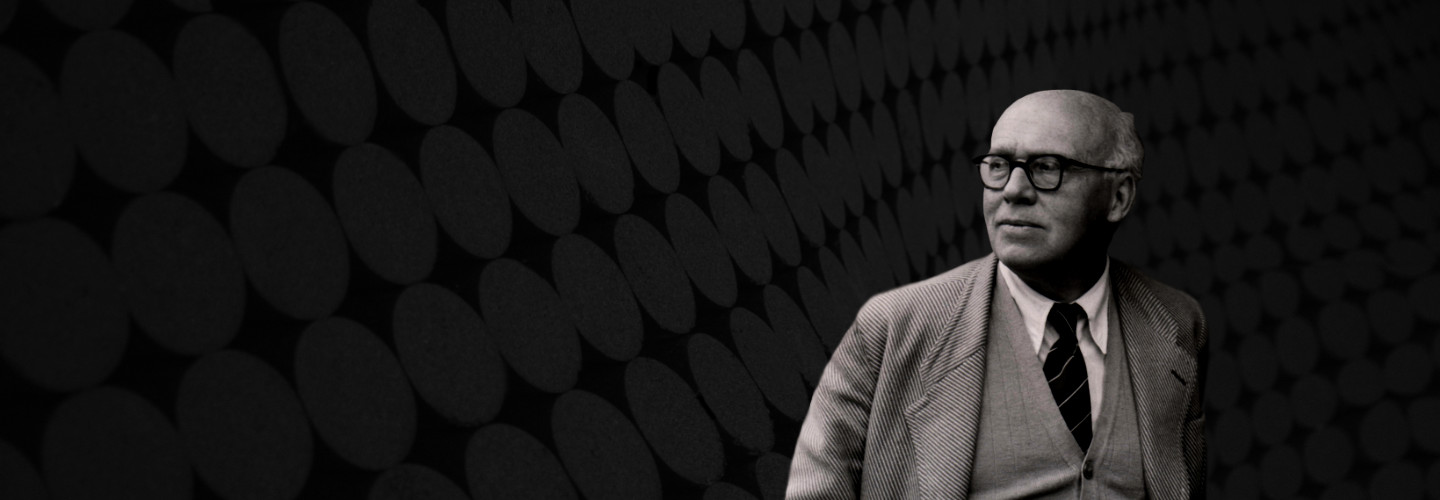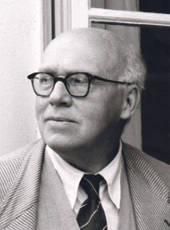

Walter Braunfels
Der Traum ein Leben
Short instrumentation: 3 3 2 3 - 4 3 3 1 - 1. Horn (Bühnenmusik), 2. Horn (Bühnenmusik), 3. Horn (Bühnenmusik), Trompete (Bühnenmusik), timp, hp, cel, str
Libretto: Walter Braunfels
Choir: Volk, Jäger - SATB
Roles:
Rustan
ein junger Krieger
tenor
Zanga
ein Mohr
sein Sklave
baritone
Massud
ein reicher Landmann / Der König von Samarkand
im Traum
bass
Mirza
seine Tochter / Gülnare
seine Tochter
im Traum
soprano
Der alte Kaleb
tenor
Der Mann vom Felsen
sein Sohn
speaking part
Karkhan
sein Neffe
tenor
eine Alte
alto
ein Kämmerer
tenor
ein Hauptmann
baritone
Genius des Traumes
soprano
Genius des Bewusstseins
soprano
Gefolge des Königs
Krieger
Gefangene
Instrumentation details:
piccolo
1st flute
2nd flute (+picc)
1st oboe
2nd oboe
cor anglais
1st clarinet in Bb
2nd clarinet in Bb
1st bassoon
2nd bassoon
contrabassoon
1st horn in F
2nd horn in F
3rd horn in F
4th horn in F
1st trumpet in C
2nd trumpet in C
3rd trumpet in C
1st trombone
2nd trombone
3rd trombone
tuba
timpani
celesta
harp
violin I
violin II
viola
violoncello
double bass
1. Horn (Bühnenmusik)
2. Horn (Bühnenmusik)
3. Horn (Bühnenmusik)
Trompete (Bühnenmusik)
Braunfels - Der Traum ein Leben
Audio preview
Work introduction
The opera Der Traum ein Leben (Life is but a Dream) was composed between 1934 and 1937, after Braunfels had been removed from his position of Director of the Cologne Music Academy and his compositions were banned. He moved to Bad Godesberg and spent the war years there, writing three operas, a cycle of cantatas and some chamber music, with no hope of ever hearing them performed. Indeed, the world premiere of Life is but a Dream took place as late as 2001 in Regensburg. Der Traum ein Leben is a dramatic tale by Franz Grillparzer (1791–1872), the libretto was written by the composer.
Guido Johannes Rumstadt, who is credited with conducting the first stage performance, contributed an article to the programme book in which he commented on the music. “If you hear Der Traum ein Leben for the first time, you may be surprised by the many reminiscences as well as by the great ‘beauty’ of this music. If one addresses oneself to a proper study of the score, any accusation of eclecticism vanishes. What may have put one in mind of Wagner turns out to be an unmistakable personal style. The instrumentation is as masterful as any of the best operas of the time as are the dramatic cuts in the plot which have the sharpness of film cuts. The irony of the music reminds one of Shostakovich.”
